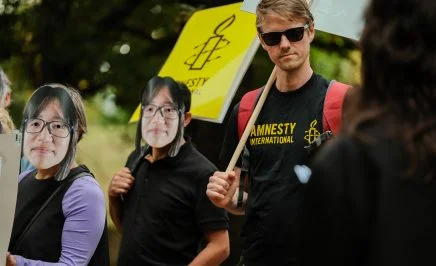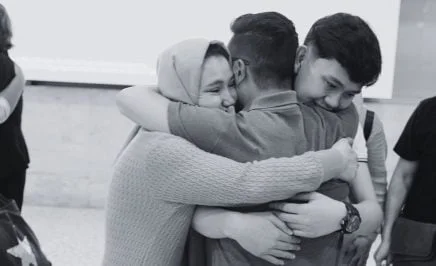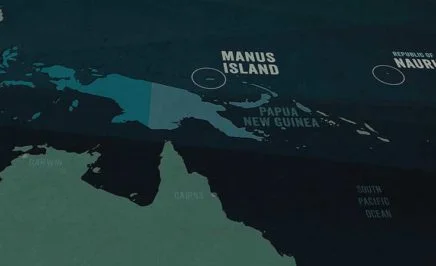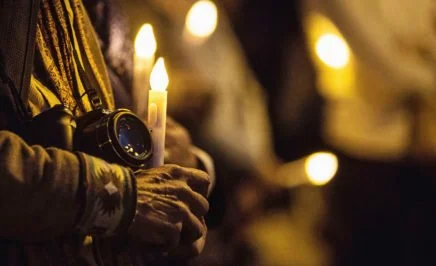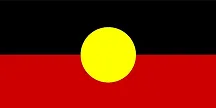Amnesty International Australia welcomes the International Criminal Court (ICC) Prosecutor’s announcement to seek arrest warrants against Taliban leaders, marking a pivotal step towards justice for Afghan women, girls, and LGBTQI+ individuals persecuted on the basis of gender identity or expression.
The announcement presents a vital opportunity to hold perpetrators of human rights violations accountable and to reaffirm the human rights of those impacted.
Amnesty Australia urges the Australian Government and the international community to urgently recognise gender apartheid as a crime under international law. This recognition is essential to strengthening global efforts to dismantle institutionalised systems of oppression and domination based on gender.
The fight for women’s rights and LGBTQI+ rights must remain at the forefront of international action. Amnesty International Australia urges all governments and authorities to act decisively to protect and uphold the rights of all individuals, particularly those who have suffered under the Taliban’s oppressive regime.
Azadah Raz Mohammad, Afghan woman, legal advisor for the End Gender Apartheid Campaign and PhD candidate at the University of Melbourne says:
“The ICC’s application for arrest warrants against the Taliban leaders is a historical moment for victim-survivor groups in Afghanistan.
“The Taliban’s treatment of women and girls without a doubt amounts to gender-based persecution, and I hope, will soon also be recognised and criminalised as gender apartheid. I welcome the Court’s focus on this dire matter.
“However, in the absence of criminal accountability at the national level, the ICC is the court of last resort for the people of Afghanistan. I hope that the announcement will also generate momentum for the Court to expand its investigations into other alleged crimes committed by the Taliban, including crimes against humanity, such as deliberate, widespread and systematic attacks directed against civilian populations, extrajudicial killings, torture, extermination, and war crimes committed by the Taliban and its affiliated groups such as the so-called Islamic State of Khorasan Province since May 2003.
“This has been a long and arduous journey for the people of Afghanistan, and this is only the first step towards criminal accountability for the heinous atrocities committed by the Taliban with complete impunity for close to three decades.”
Azadah Raz Mohammad, Afghan woman, legal advisor for the End Gender Apartheid Campaign and PhD candidate at the University of Melbourne
“This has been a long and arduous journey for the people of Afghanistan, and this is only the first step towards criminal accountability for the heinous atrocities committed by the Taliban with complete impunity for close to three decades.
“I applaud the bravery of the women and men from Afghanistan who have relentlessly pursued criminal accountability for the Taliban’s international crimes at the ICC.”
Background
On 23 January, the Office of the Prosecutor of the ICC issued a statement announcing the applications for arrest warrants in the situation in Afghanistan. The Prosecutor’s applications for arrest warrants will be considered by ICC Pre-Trial Chamber judges, to determine whether they establish reasonable grounds to believe that the named individuals committed the alleged crimes. The Office of the Prosecutor also stated that investigations are ongoing. This means that further applications, both for other persons and alleged crimes, could still follow.
In 2023, Amnesty International published its report, The Taliban’s war on women, on the crime against humanity of gender persecution against women and girls in Afghanistan. The 2022 report, Death in Slow Motion: Women and Girls Under Taliban Rule,alsodocumented the Taliban’s widespread, systematic, and intentional attacks on the rights of women, together with the use of torture and other ill-treatment and enforced disappearance. The discriminatory restrictions on the rights of women and girls affect all spheres of their lives, and they are institutionalized through the Taliban’s policies, decisions, and laws.
Afghanistan had been under preliminary examination by the ICC Prosecutor from 2007 to 2017. In 2022, the Prosecutor resumed its investigation into the situation of Afghanistan after the Court concluded that there was no genuine investigation at the domestic level. In fact, since the Taliban returned to power, they have destroyed avenues for access to fair trial and abolished the constitution and laws that were in force prior to their return.
Amnesty International is a global movement of more than 10 million people who take injustice personally. We are campaigning for a world where human rights are enjoyed by all – and we can only do it with your support.
Act now or learn more about our women’s rights campaign.

